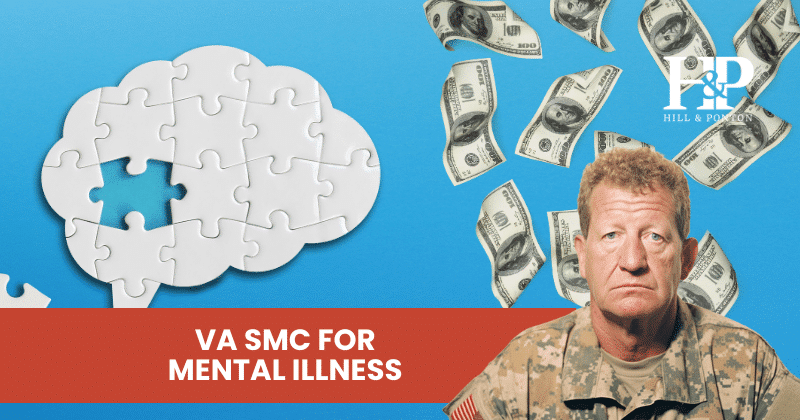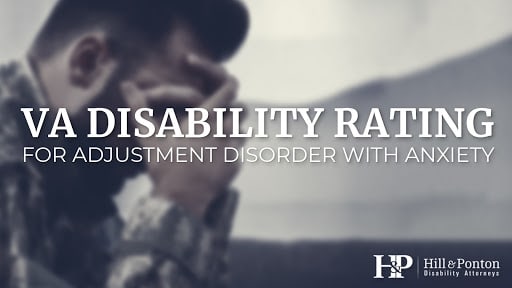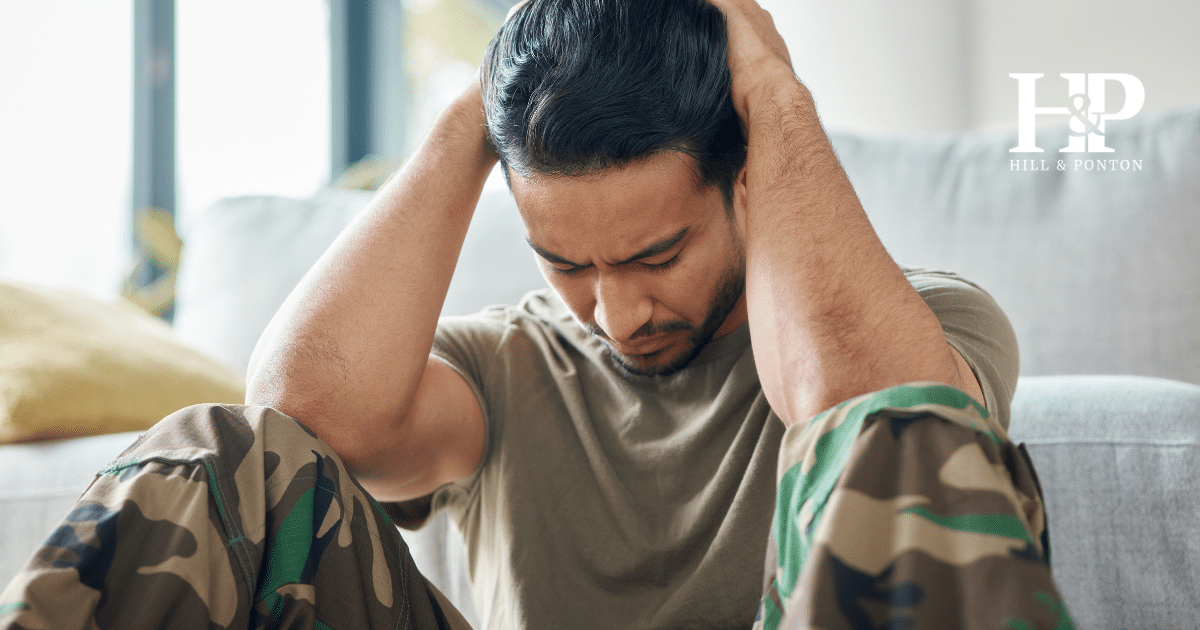Coping with Post Traumatic Stress Disorder (PTSD) is a challenge for most veterans as they return from service. Servicemen from Vietnam, Thailand, Afghanistan, Iraq, Kuwait and countless other war zones all deal with this very real aftermath of combat and war experience. And while many veterans address their PTSD with medication and therapy, there are many others who choose to cope by means of self-medication.
Self-medication usually takes form in alcohol or drugs, sometimes a combination of both. Veterans find that consuming alcohol dulls the symptoms of PTSD, such as:
- Reliving the event
- Avoiding situations that remind you of the event
- Negative changes in beliefs and feelings
- Feeling keyed up (hyperarousal)
This fourth symptom seems to be particularly prominent among veterans that have served within the last five to ten years. Symptoms of hyperarousal could include:
- Feeling jittery, or always alert and on the lookout for danger
- Suddenly becoming angry or irritable
- Having a hard time sleeping
- Having trouble concentrating
- Being startled by a loud noise or surprise
- Experiencing the need to have back to a wall in a restaurant or waiting room
While many veterans experience these symptoms, they might not think it necessary to seek out medical help. Why bother when you can dull the edge with whiskey or beer? And they do just that. They find that they can sleep better (as in, without nightmares) when they drink. Or that they are less irritable when they drink. They still have to sit with their back to the wall in a restaurant or other public places, but at least they aren’t feeling as jittery or on edge.
This approach to self-medicating their PTSD symptoms makes more sense to veterans than medical intervention, but the reality of this approach presents a darker future. A six-pack of beer might solve the problem for a night, but multiplied over the course of years will likely result in serious health issues.
While the VA recognizes the use of alcohol as a common method of self-medicating, the VA will not award benefits for conditions that developed due to misuse of alcohol. Conditions that result from sustained alcohol use include:
- Liver disease, such as: alcoholic hepatitis and cirrhosis
- Digestive problems
- Heart problems, such as: high blood pressure, enlarged heart, heart failure, and stroke
Other problems could include: diabetes, erectile dysfunction, eye problems, osteoporosis, neurological complications, weakened immune system, and risk of cancer.
The VA may not directly grant benefits due to a condition caused by misuse of alcohol, but that does not mean that all hope is lost. Courts have interpreted 38 USC 1110 as permitting an alcohol abuse disability under one condition: when that disability (such as liver disease) arises secondarily a pre-existing or worsening service-connected disorder (one not caused by willful misconduct). Courts have reasoned that a secondary alcohol disability (such as liver disease) results from a line of duty disease (in this case, PTSD) or disability, rather than as a result of abuse of alcohol or drugs itself. In other words, the VA will grant service-connection for a condition caused by alcohol abuse if the alcohol abuse was due to a service-connected disability. In this case, the service-connected disability would be PTSD.
Cases like this are difficult to win, and could take years. The VA will look for every reason to deny compensation for alcohol-related conditions. However, with positive medical opinions and perseverance on the part of the claimant, it can be done.



